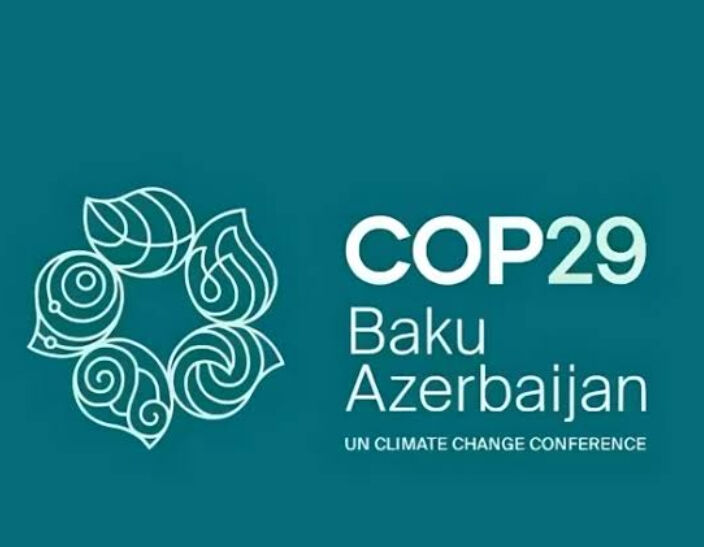At COP29 Guterres Warns Against Failure to Reach Consensus on Climate Financing Agreement
The United Nations secretary general Antonio Guterres has urged G20 leaders to instruct their ministers and negotiators to secure a new ambitious climate finance goal at COP29, stressing what he calls “the importance of concrete success”.
The UN boss’ call penultimate Thursday came a few hours after the United Nations Framework Convention on Climate Change (UNFCCC) published a fresh text proposal for the ongoing climate change negotiation.
“Failure is not an option”, he said as it might jeopardise both near-term action with potential devastating impacts as irreversible tipping points are getting closer”, adding that such failure to reach a consensus may affect the ambitious “preparation of the new national climate action plans”.
It would inevitably, he emphasize, make the success of COP30 in Brazil more difficult. He therefore made it clear that what the world needs was an “agreement on an ambitious new climate finance goal in Baku, the finance developing countries need.
This embodies funding options and how much money wealthy countries should provide poorer nations to help them address climate change impacts as enshrined in Parties Nationally Determined Contribution (NDCs) documents submitted to the UNFCCC as mandated by the 2015 Paris Agreement.
However, climate change experts and delegations at the summit have criticised the text due to significant disparities with regard to the funding demands of the developing countries (Global South).
Mr Guterres however insists that a new agreement on financial assistance to less developed countries would enable them protect themselves, and their people, from climate disaster.
He added that building trust between nations. International cooperation – centred on the Paris Agreement – is indispensable to climate action.
Meanwhile, last week, multilateral development banks announced a significant boost in climate finance for low- and middle- income countries. This will reach $120 billion a year by 2030 with another $65 billion mobilised from the private sector.

